Welcome to The A.V. Club’s monthly comics preview, where we recommend new books to check out over the next few weeks. This month, we’ve got five exciting picks, ranging from environmental horror stories to books about young metalheads discovering the occult is real.
Anzuelo by Emma Ríos (November 19)
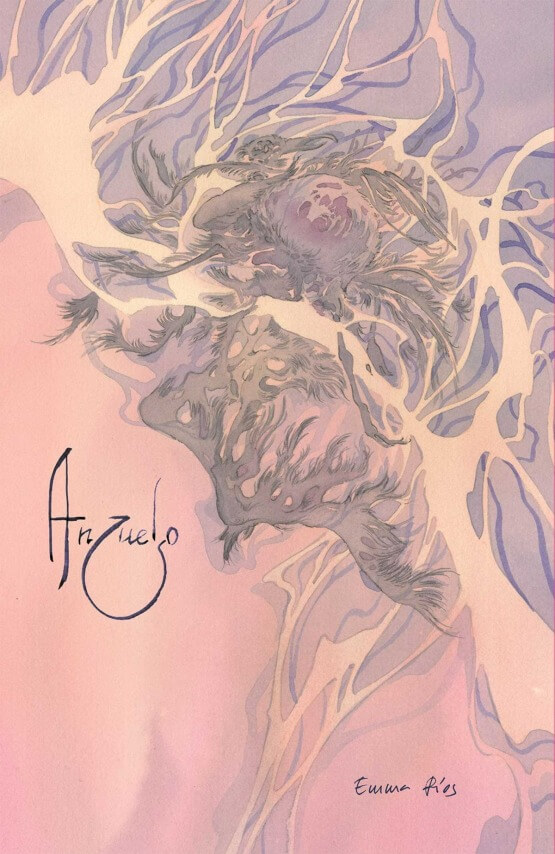 Image Comics
Image Comics
The cover of Emma Ríos’ new graphic novel, Anzuelo (Image Comics), is a hypnotizing overhead shot of waves washing up on a mutated bird, a mass of spindly bones and feathers that look like they are expanding outward. It’s a foreboding and mysterious image, emphasizing the visual poetry that makes Ríos one of the most innovative storytellers in modern comics. She writes, draws, and paints this new dystopian environmental horror tale set in a world where the Sea transforms everything it touches, and it’s an astounding spotlight for Ríos’ technical prowess as well as her unique narrative voice. Contemplative and surreal, the story explores the bond formed between three traumatized child survivors as they move through an environment stripped of the social constructs that maintained order, relying on their relationship to help them maintain a pacifist worldview. Having complete creative control allows Ríos to follow her artistic impulses in ways we haven’t seen before, and her gracefully detailed linework, expansive layouts, and impeccable watercolor painting make Anzuelo one of the year’s best-looking comics.
FML #1 by Kelly Sue DeConnick (November 6)
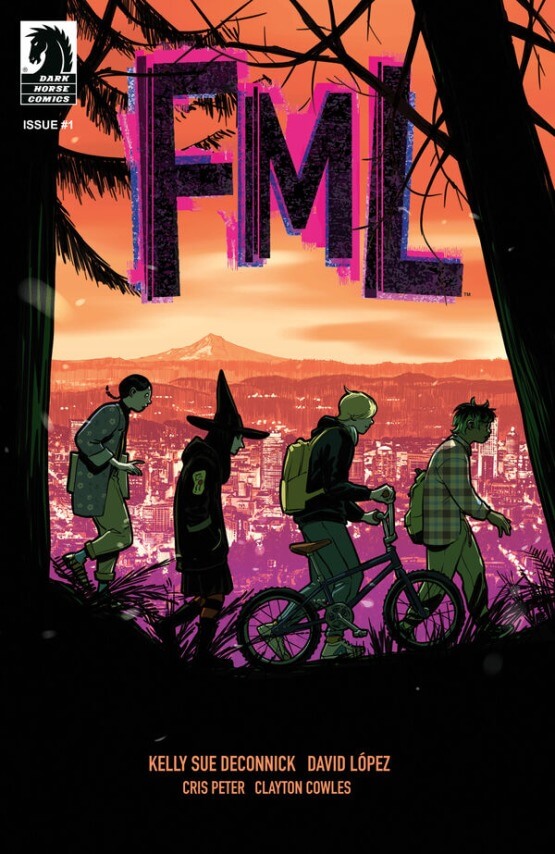 Dark Horse Comics
Dark Horse Comics
Writer Kelly Sue DeConnick and artist David López were instrumental in driving Carol “Captain Marvel” Danvers to the forefront of the Marvel universe, finding the human side of a cosmic superhero traveling across the universe. They’re shifting to the world of horror fantasy for their new creator-owned collaboration, FML, but still keeping it grounded and personal by focusing on four teenagers coming of age in Portland, Oregon, during a global pandemic. FML #1 (Dark Horse Comics) follows a group of young metalheads as they discover that the occult obsessions of their favorite music genre are actually real, adding new complications to their already stressful adolescent lives. This is DeConnick’s first new creator-owned work since 2020’s Pretty Deadly: The Rat, but the biggest selling point is López’s artwork with colorist Cris Peter, which makes big stylistic shifts to represent different character perspectives. He switches up his linework and incorporates different textures to amplify the energy on the page, like layering on lined notebook paper cut-outs to add the rawness of a DIY zine. It’s an aesthetic that highlights the dynamic chaos of youth, enriching the character relationships and overarching themes of DeConnick’s script.
One For Sorrow #1 by Jamie McKelvie (November 6)
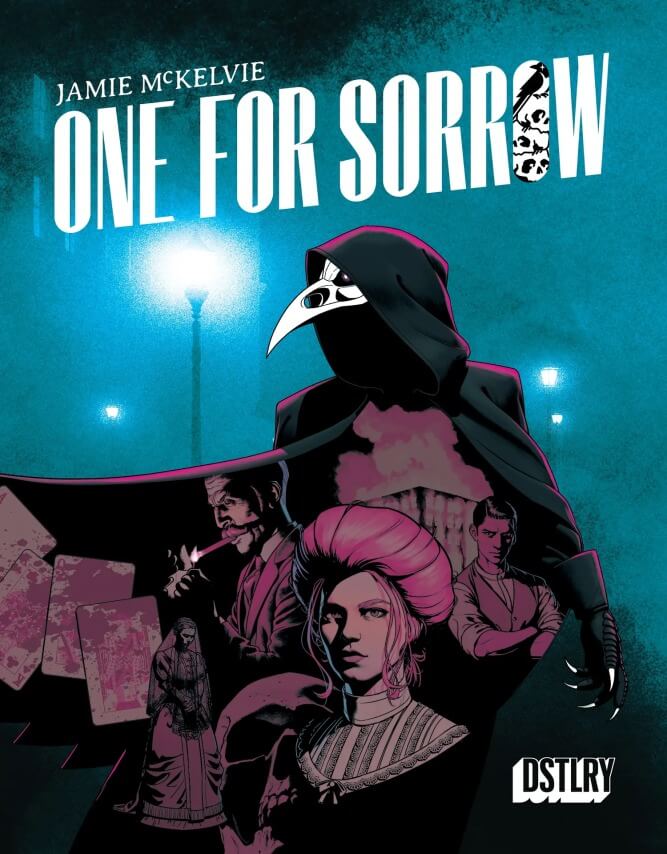 DSTLRY
DSTLRY
It’s been five years since the conclusion of The Wicked + The Divine, and since then, artist Jamie McKelvie has only drawn a few superhero shorts and a one-shot for Marvel and DC. He makes his creator-owned return in a big way this month with One For Sorrow #1 (DSTLRY), a Victorian-era horror story that McKelvie is writing, drawing, and co-coloring. A serial killer terrorizes London’s criminal underworld in 1900, and three strangers are united by tragedy to track down the murderer and bring them to justice: a Russian medium, an East End barmaid, and a world-famous detective. Joined by co-colorist Courtney Vokey, McKelvie renders the city in his signature crystal-clear detail, but also takes advantage of the horror genre to amplify the shadows and create more graphic contrast on the page. The oversized dimensions of DSTLRY’s comics allow McKelvie to pack more panels on the page, which is valuable both for setting the ominous atmosphere and bringing nuance to conversations by breaking them down into more individual beats. Few artists have McKelvie’s fine control of character acting and ability to convey the subtlest emotions, which makes people talking around a table as visually engaging as a masked killer attacking his victims.
Toxic Tropics: A Horror Story Of Environmental Injustice by Jessica Oublié (November 5)
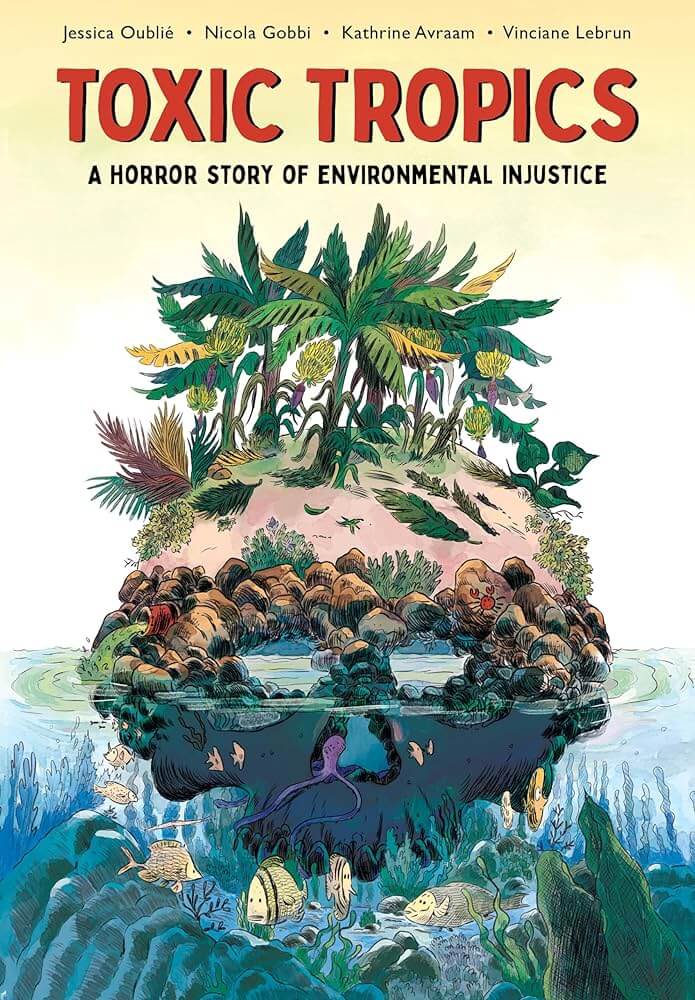 Street Noise Books
Street Noise Books
The comic-book medium is extremely well suited for presenting complex topics in an understandable way, breaking them down into digestible panels that present information via both text and images. This makes comics a valuable tool for journalism, imbuing real-life stories with style and artistry that pulls readers deeper into them. Pesticide contamination in the West Indies might not sound like the most compelling subject, but the new nonfiction graphic novel, Toxic Tropics: A Horror Story Of Environmental Injustice (Street Noise Books), infuses it with drama thanks to extensive research and artwork that brings the setting and its inhabitants to vibrant life.
Over two years, writer Jessica Oublié interviewed 136 people across the West Indies, France, Belgium, and the United States, chronicling the history of pesticide contamination and its long-term impact on communities and individuals. Artist Nicola Gobbi and colorist Kathrine Avraam infuse these conversations with charm and warmth, bringing a playful energy to the visuals that lightens the heavy material without sacrificing the human stakes. An ecotoxicologist shares scientific facts while riding a crawfish like a bronco, an investigatory commission is depicted as a game of tennis between the commission president and the executives responsible for the contamination. Photographs by Vinciane Lebrun are integrated throughout to reinforce the documentary feel, but they also showcase just how well Gobbi interprets these people and locations in his animated linework.
World Within The World by Julia Gfrörer
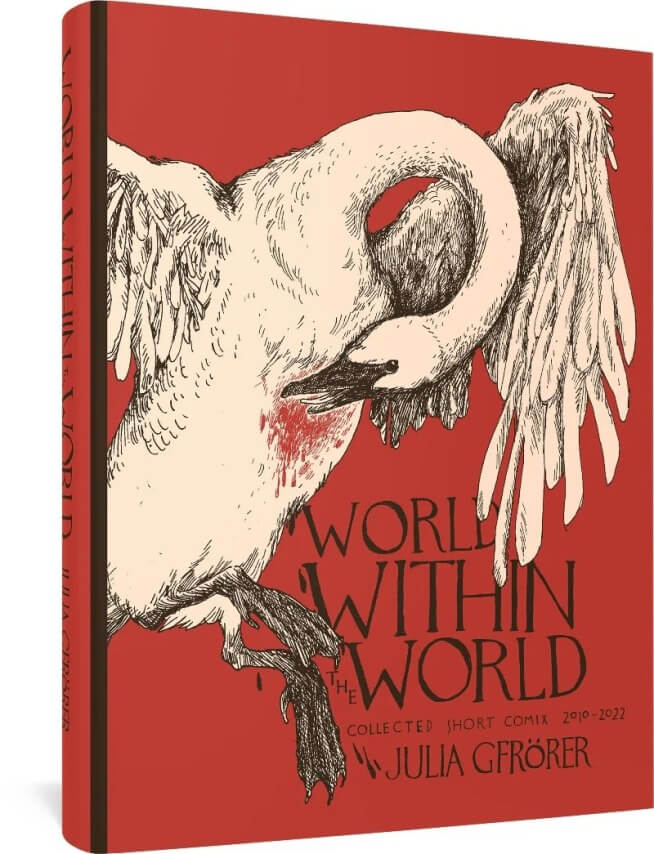 Fantagraphics
Fantagraphics
“I’m obliged to keep going because not everyone is able to explore that way, and I have to report back,” Julia Gfrörer told Publisher’s Weekly in an interview for her new collection of minicomics and short works, World Within The World (Fantagraphics). That mindset explains Gfrörer’s impressive output from 2010-2022, and the 39 pieces collected here reveal a propulsive curiosity that sends her across time periods, locations, and a wide range of human experiences. Ranging from short stories to one-pagers to comic strips, most of these works first appeared as self-published zines or in out-of-print anthologies. Having them all in one place shows readers Gfrörer’s fascinations as a storyteller, specifically the intersection of sex and horror and how that is informed by different settings, whether it’s the prehistoric wilderness, Medieval Europe, or a modern-day apartment. The unflinching intensity of those stories makes Gfrörer’s diversions into Frasier parodies and Ryan Gosling visual gags feel like much-needed emotional resets, and that willingness to be silly makes it all the more powerful when she thrusts readers back into the darkness.




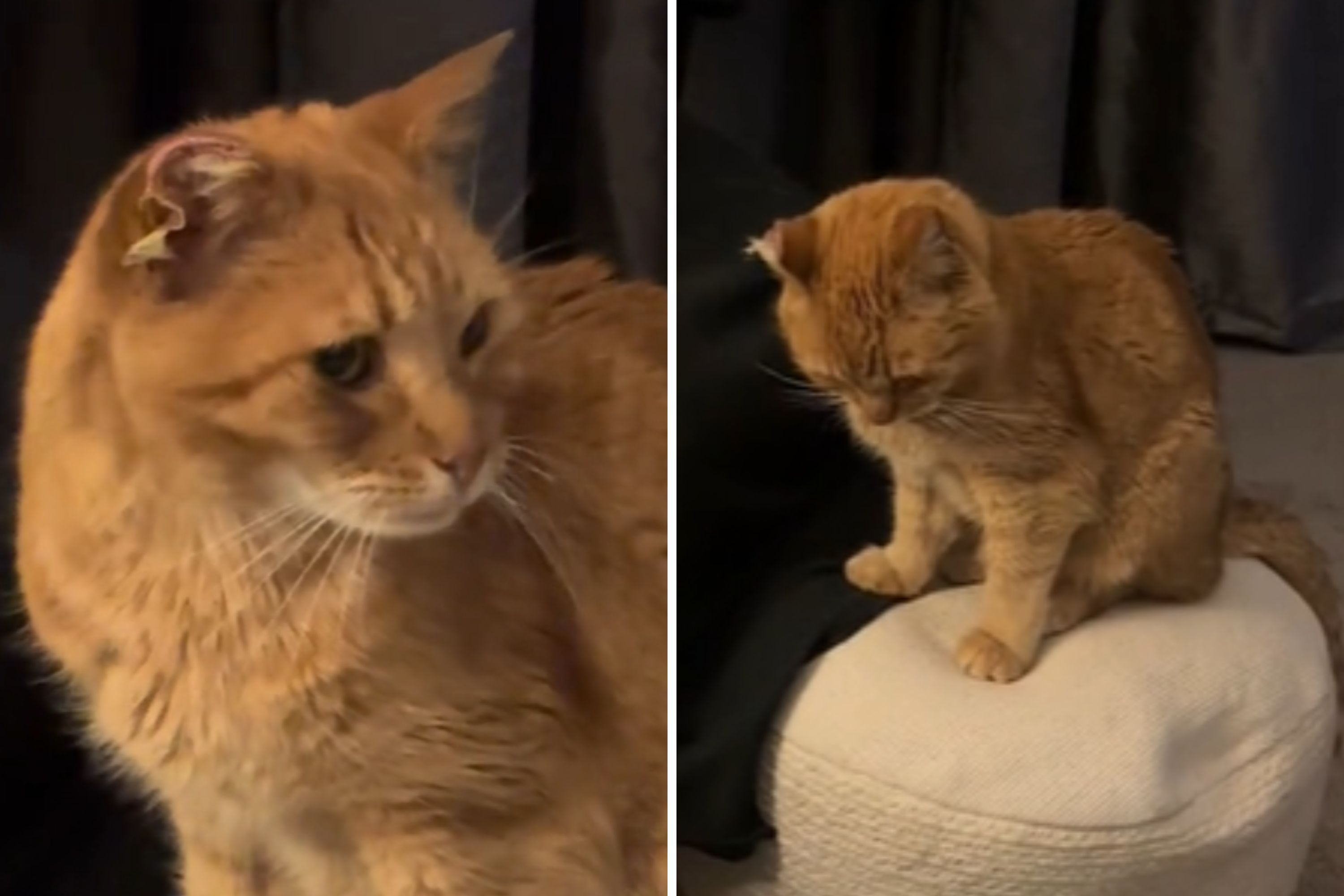



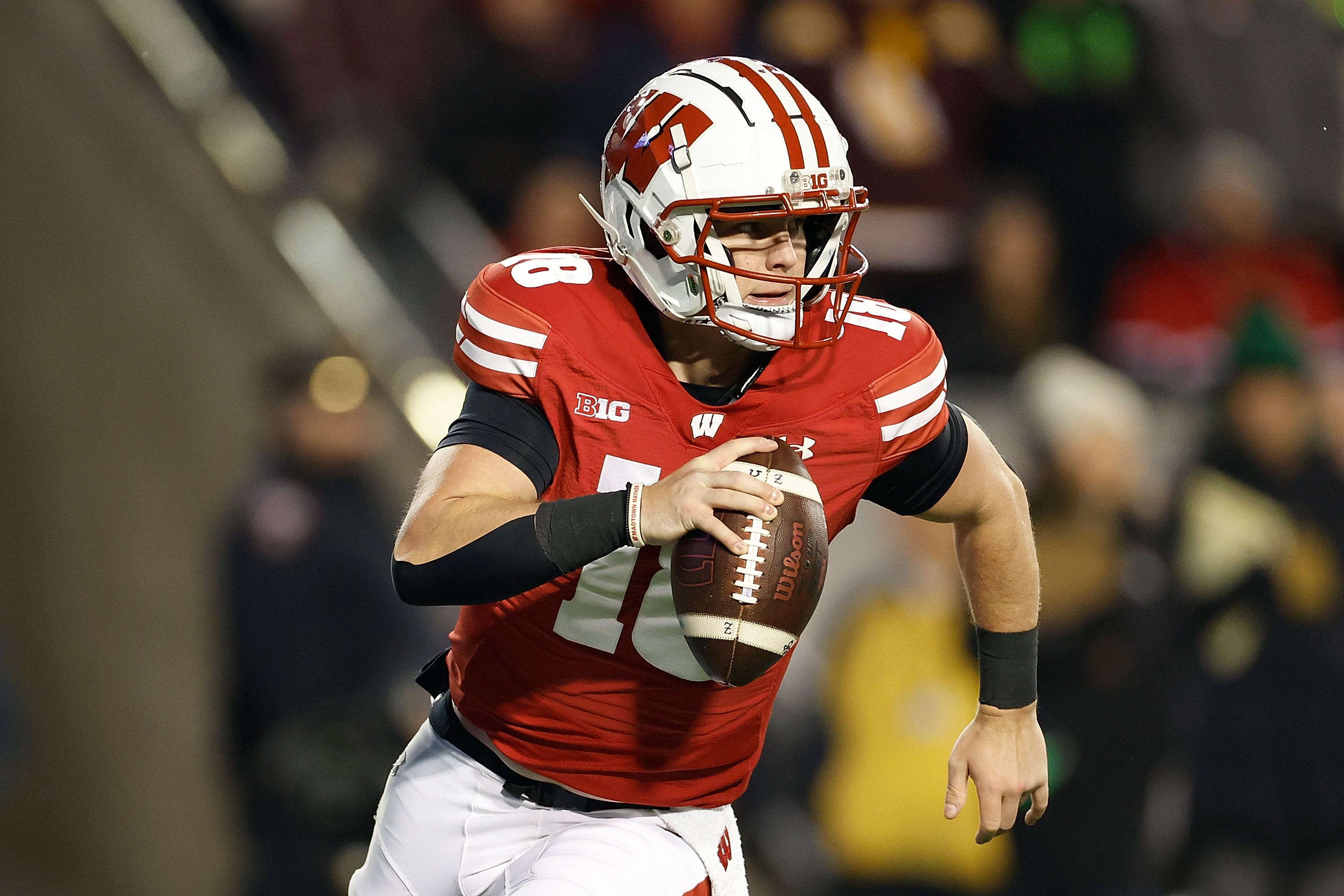


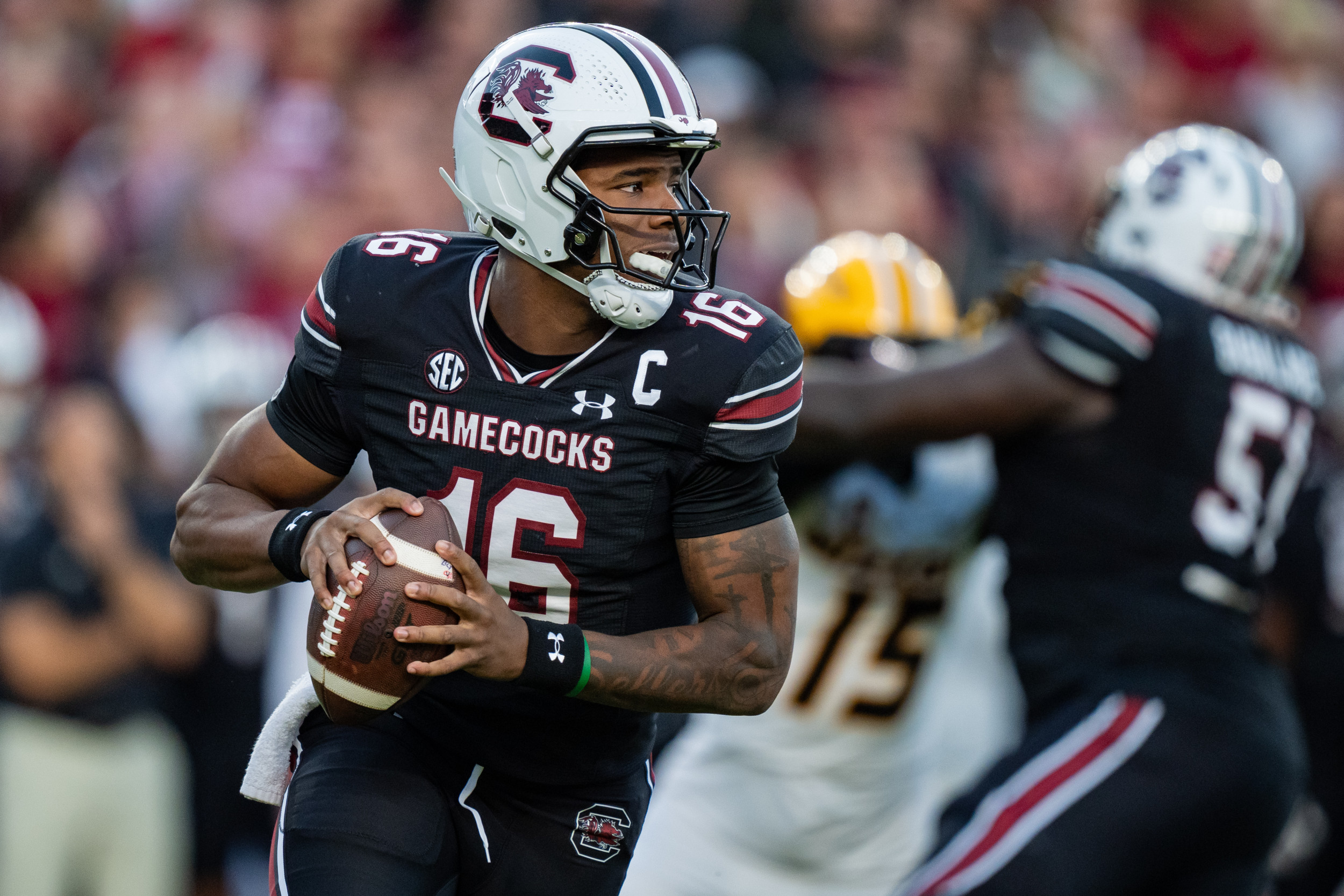








 English (US) ·
English (US) ·